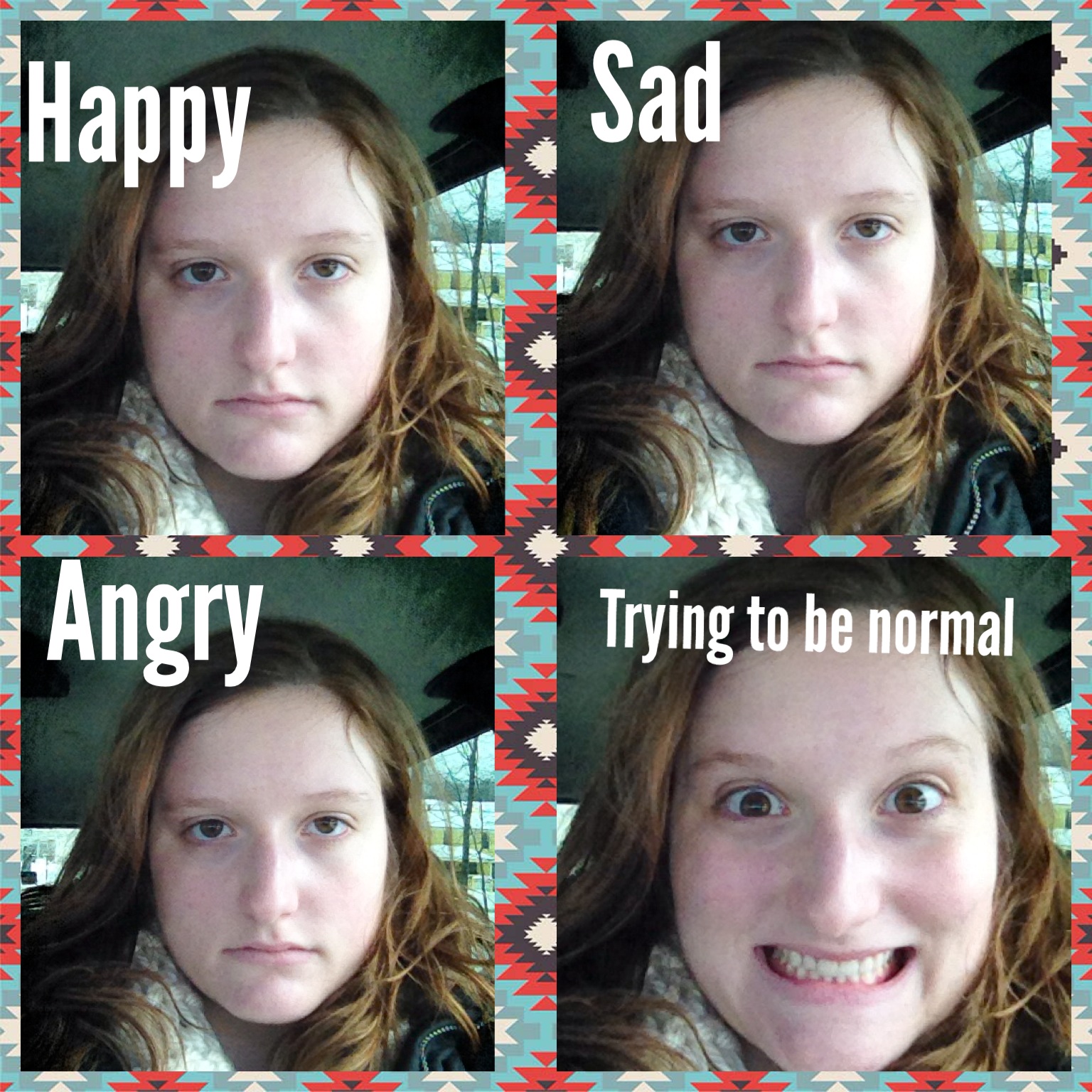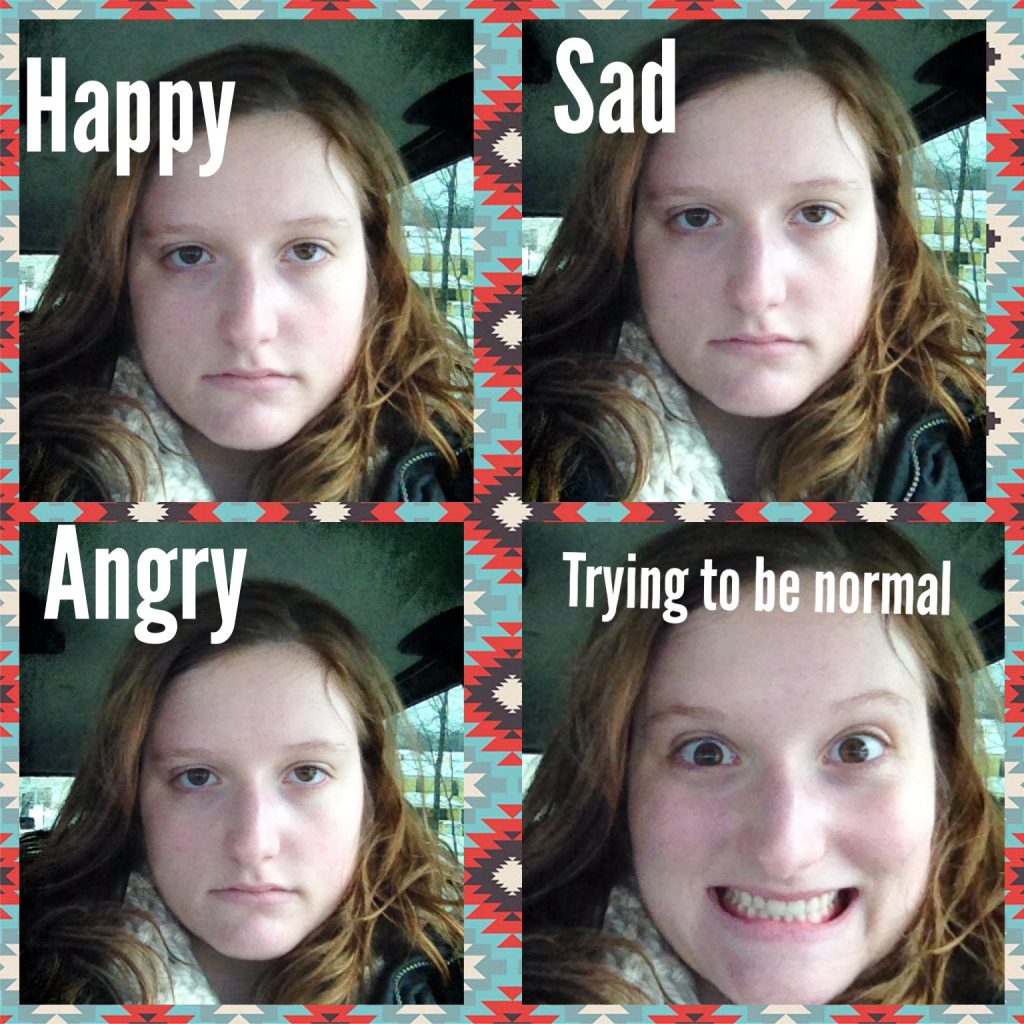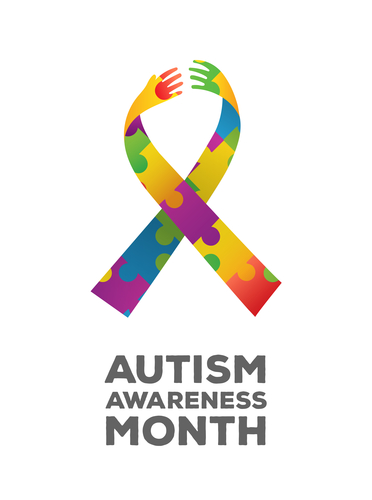How can I help my adult son with Asperger’s?
Q: “Many people see children with Asperger’s and they don’t understand that their needs are lifelong. They don’t see that even if you watch your child succeed at a young age, there will be new territory to navigate as they get older and new situations arise.” This is so true, my son was diagnosed with Aspergers in the 90’s when there was not a lot of “buzz” about it. He did okay, but now as an adult he seems to be having difficulty especially with anxiety and confidence. I am worried for him, and keep directing him towards counseling, but he hasn’t yet. Any suggestions?
-Angela

Angela,
I can completely relate to this. Near the end of my high school days, I garnered several accomplishments and awards, but college was a completely different ballgame, especially since I was four hours away from home. Once I got out of college and moved back home, the working world was a completely different situation as well, and I struggled mightily at times. Each new job, new relationship, and new situation is a challenge, but an opportunity as well. Fortunately, my family could not have been more supportive of me over the years.Continue Reading
Ken Kellam III was diagnosed with Asperger Syndrome in his late 30’s, and has worked with Autism Treatment Center of Texas since 2003. He is currently the administrative assistant to the clinical director. He also helps facilitate three different self-advocate groups, and in the Spring of 2015 was presented with the “Angel Award” by the National Autism Association of North Texas for the works he has done with these groups. He has also done public speaking on the subject of autism/Asperger syndrome, and has spoken to various educational and parental groups. When not involved with autism, Ken has led the singing at the same church since 1988, and has also been the fill-in preacher at this same church. In 2006 he was called on to sing the National Anthem at the Autism Society of America’s national convention in Dallas, and performed the same song at ATC’s rodeo fundraiser. He also enjoys writing, and formerly wrote articles for a website dedicated to reality television. In 2011 he got married for the first time, and his wife Rachel works for ATC in Adult Services. Ken graduated from Oklahoma Christian University in 1987 with a Bachelor’s in Mass Communications, and once worked as a radio traffic reporter, interactive announcer and writer, and news producer in Dallas. He views Asperger’s as a difference, not a defect, and has come to appreciate the positive aspect’s of Asperger’s.













